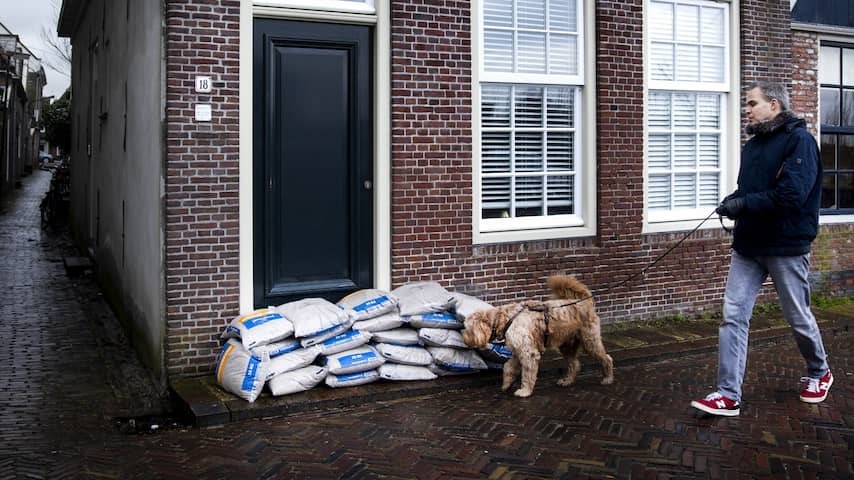
The Netherlands must be prepared for crises: from power outages to a day without water. A survival kit is not enough, writes think tank DenkWerk on Wednesday in a report. “If you want to become resilient, you have to practice,” economist Barbara Baarsma tells NU.nl.
She refers to national – or possibly regional – practice days where Dutch people have to survive, for example, a day without electricity, water or digital payment traffic. Not just an individual survival course, but a day when all people and companies really have no access. According to the think tank, that is the best way to prepare us.
It is one of the recommendations that the think tank makes in the report Resilience by Design. In it, the think tank analyzes the threats that the Netherlands faces. According to DenkWerk, these have become more complex: from geopolitical tensions to climate change. The threats can also cause or reinforce each other. According to the think tank, government policy is now too focused on individual responsibility. Cooperation between citizens, companies and administrators is necessary.
“A survival kit is pre-eminently an individual kit,” emphasizes Baarsma. She is a member of the think tank and also professor of economics at the University of Amsterdam and chief economist at PwC. “You can’t be resilient on your own.” Not everyone needs to have their own radio as far as she is concerned. “You better look in your neighborhood. Who has a radio, who has taken a first aid course and who has a emergency generator?”
Survival kits for citizens are only symbolic, the think tank states. “Symbols are also important,” says Baarsma. For example, if it makes people think about resilience. But the way it is presented now, as ‘buy a survival kit and you’re done…’ There is really much more needed.”
The think tank emphasizes that this is not only a task for the national government, but that everyone can cooperate more. For example, a municipality can organize hackathons and collect the best solutions from a neighborhood, Baarsma suggests.
A planned exercise
Not only citizens, but also companies or safety regions could get started with this. “What does such a safety region do if the water fails for 24 hours?”, Baarsma gives as an example. “That lessons are learned at such a level.” She emphasizes that you learn best when it is for real. “You don’t become resilient from processes on paper,” says Baarsma. “That is why we have to do it planned once.” The date can, for example, be determined a year in advance.
It is difficult to imagine that the Netherlands will really introduce such a practice day. What would it mean for the economy, for example? “Sometimes you have to invest before you have the benefits,” Baarsma responds. “If an idea is not feasible, then you do something else.”
Another suggestion is the introduction of a community service. “That is not only about a military service, but can also be about education or care,” explains Ruth Smalbraak, rotating member at DenkWerk. This takes people out of their bubble.
“By mixing on region, background and education level, mutual understanding arises,” the report states. DenkWerk is not thinking of a one-off service for young people, but something that returns several times in someone’s life. “For example, around the twentieth, fortieth and sixtieth year of life.”
Buffers and intervening in disinformation
In addition, the think tank advises organizing society differently. Now everything revolves around efficiency, but in the event of a disaster, buffers are important. For example, when it comes to water or electricity.
“Another example is that the government intervenes in disinformation that is spread on social media,” says Smalbraak. “For example, around elections.” That can be done, for example, by using or maintaining existing solutions better, such as deploying more fact-checkers or letting people practice recognizing disinformation.
The researchers have looked at Finland a lot. That country has been committed to resilience for years, because the Finns want to be prepared for a possible attack from Russia. Now it is also time for the Netherlands to be prepared, DenkWerk believes. “That preparation is broader than just military,” emphasizes Baarsma.
That is why the think tank advocates using part of the expected NATO standard of 5 percent for this broad resilience. “You don’t need an army for all resilience by far.”